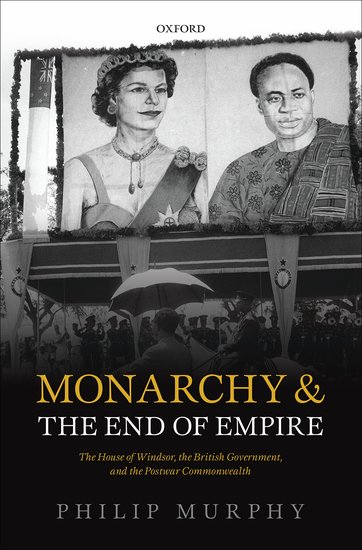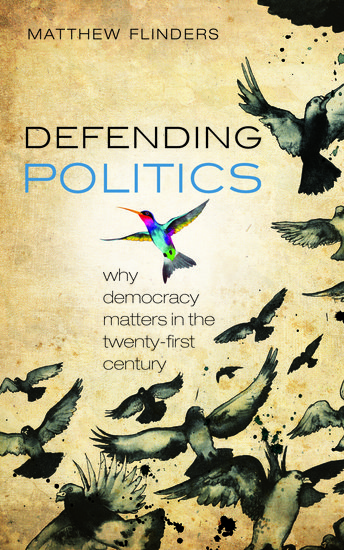Homophobia as extremism: the cost to freedom of choice
By Amos N. Guiora
As has been repeatedly and thoroughly documented, Russian President Vladimir Putin is, for lack of a better word, a homophobe. Putin’s incessant drum beating targeting homosexuals and lesbians led President Obama, Chancellor Merkel, and President Hollande to publicly announce they will not attend next month’s Winter Olympics in Sochi.





